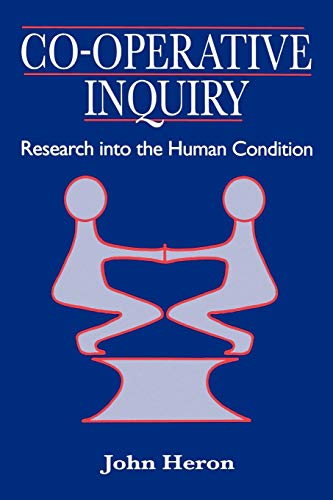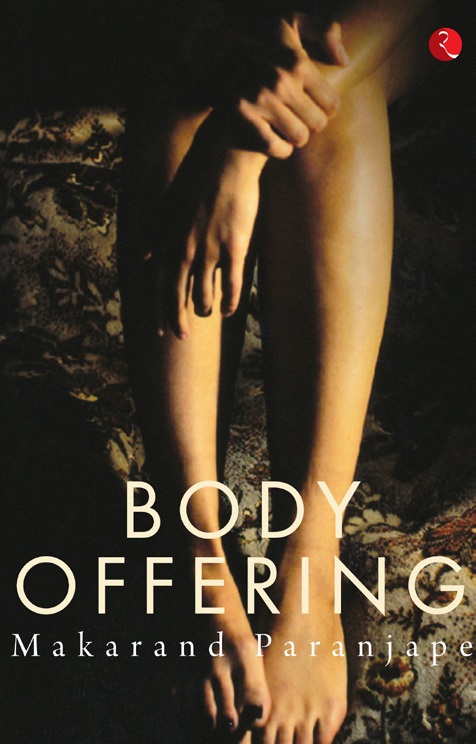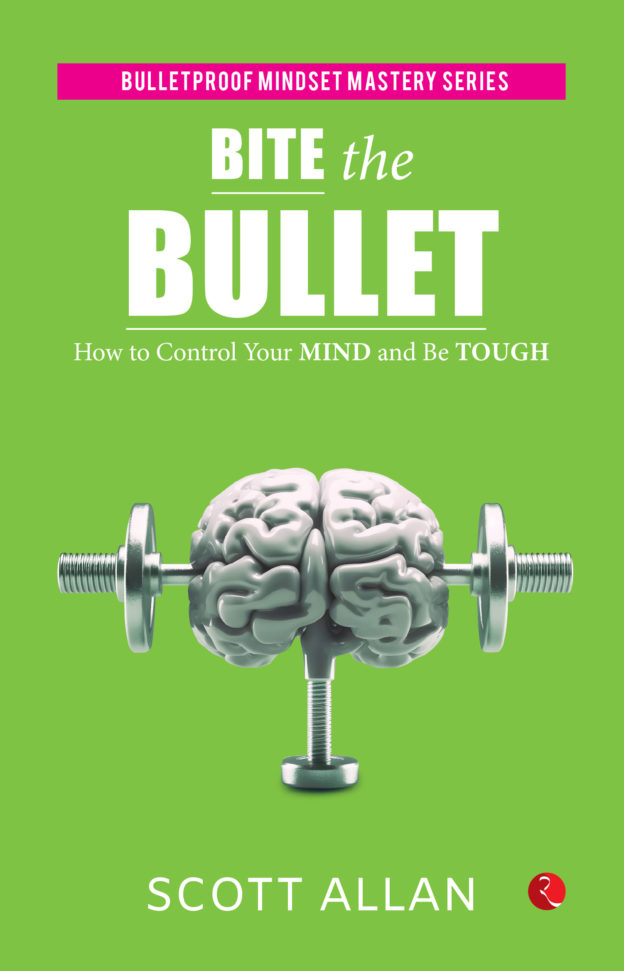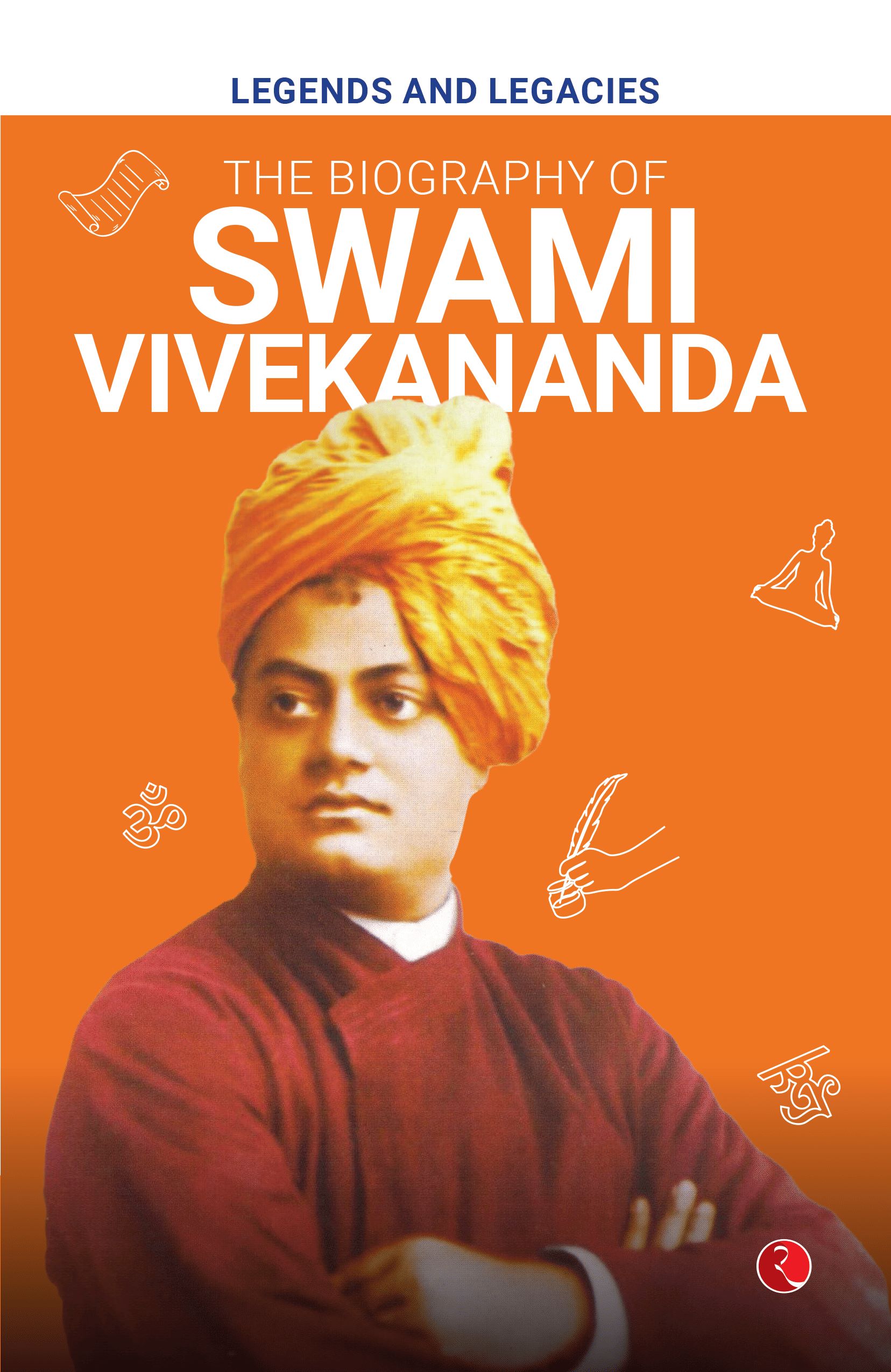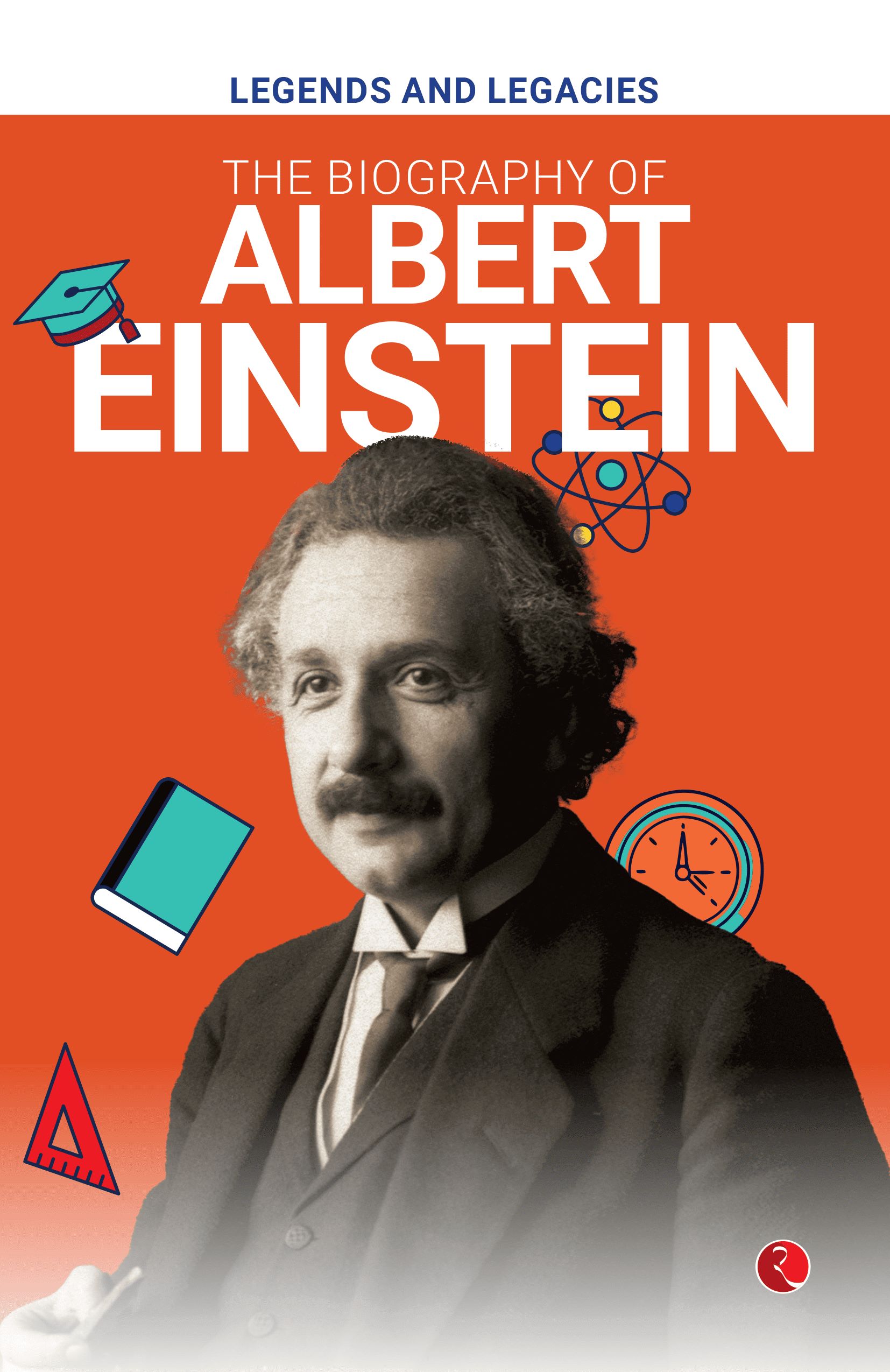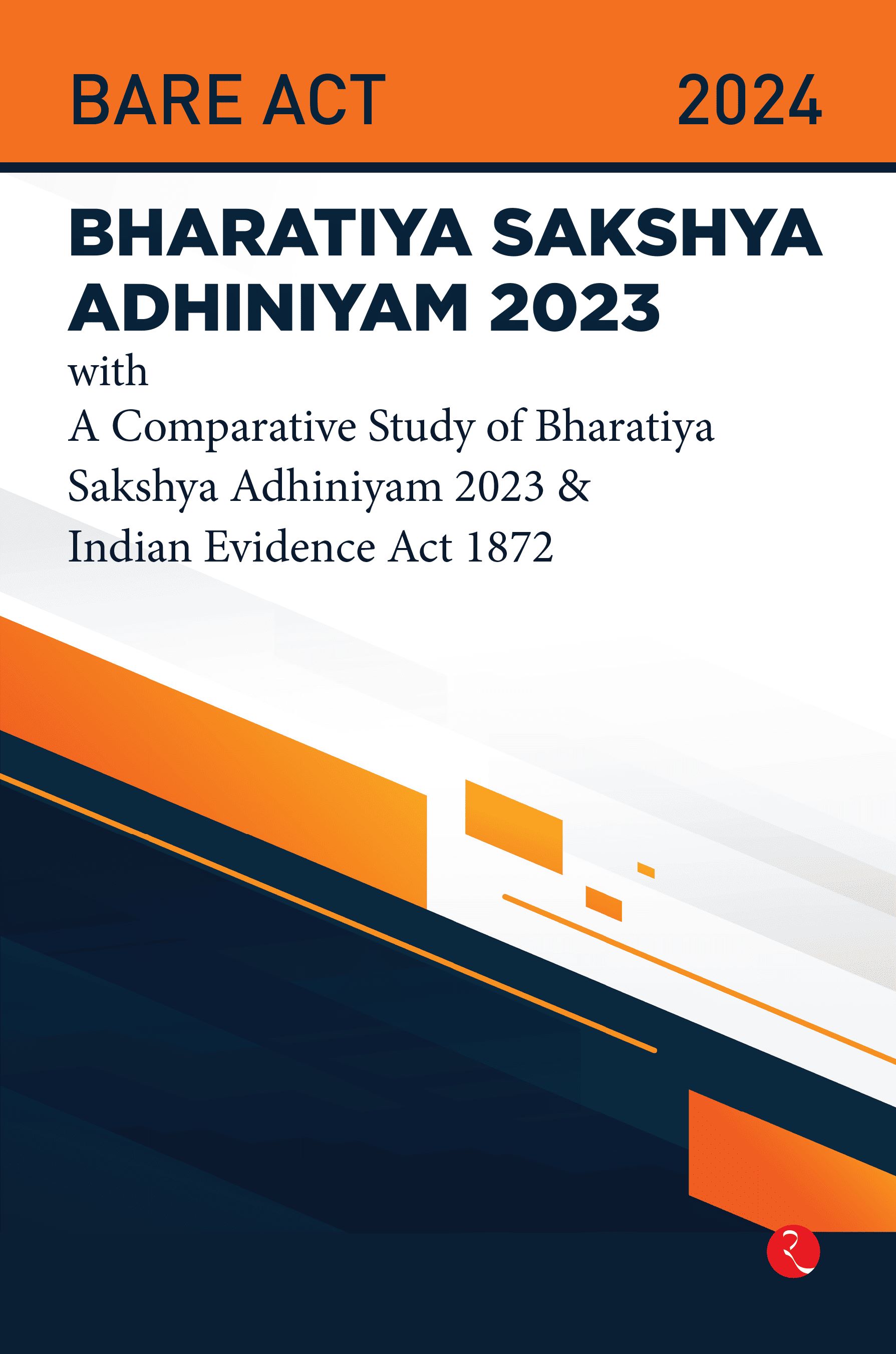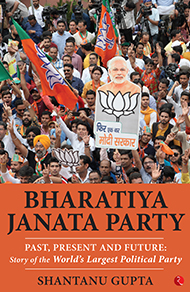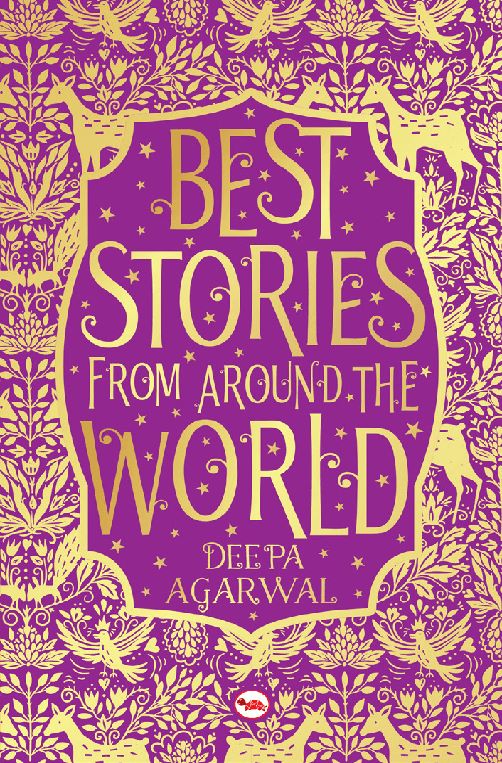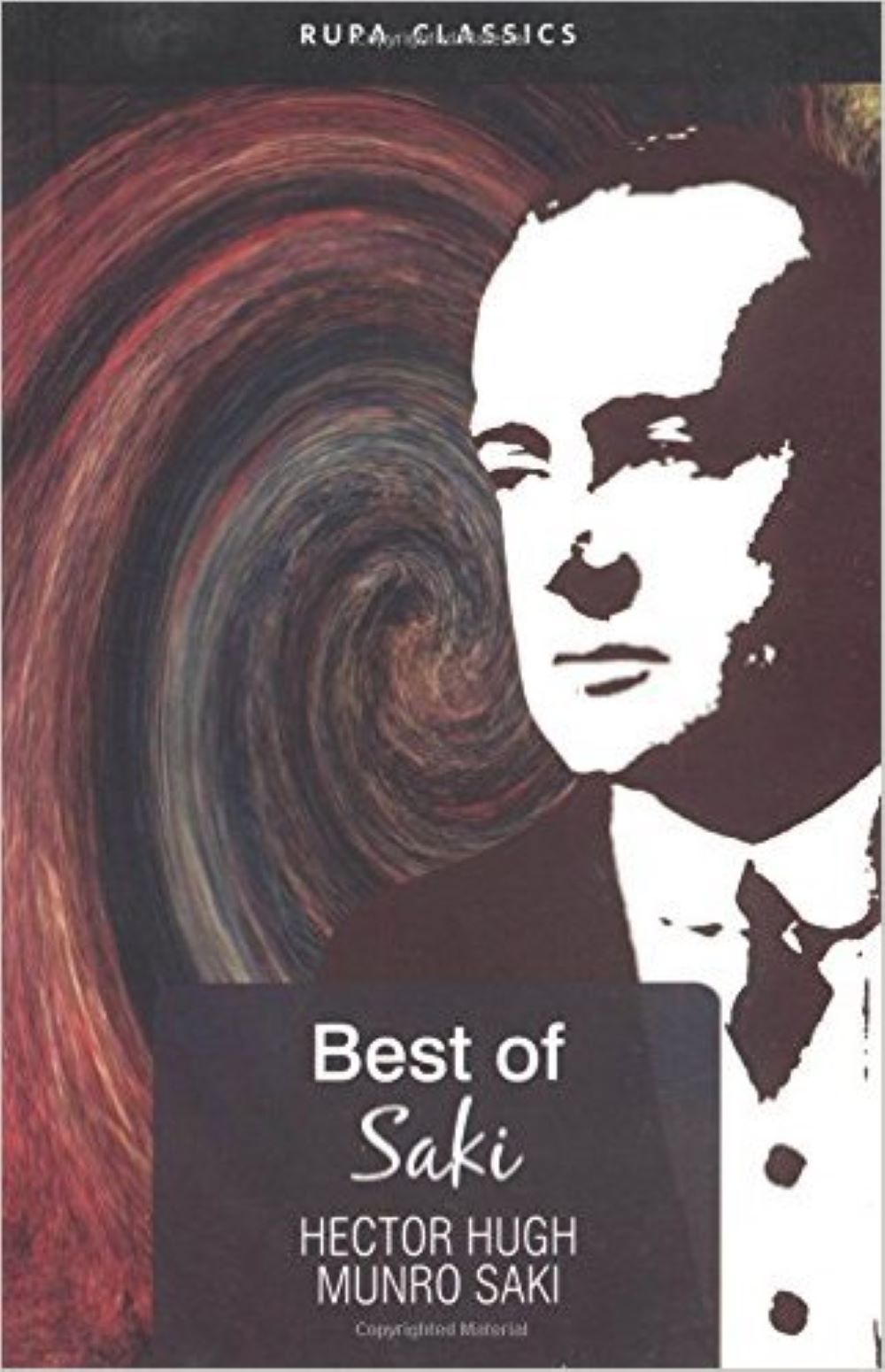Co-Operative Inquiry
John Heron founded the Human Potential Research Group at the University of Surrey, and later pioneered personal and professional development programs for doctors, as Assistant Director, British Postgraduate Medical Federation, University of London. He now runs the South Pacific Centre for Human Inquiry, New Zealand. ... Read more Read less
This is the first textbook to provide a comprehensive overview of cooperative inquiry--research with people in which the roles of researcher and subject are thoroughly integrated. Cooperative inquiry is a wide-ranging and distinctive form of participative research in which people use the full range of their sensibilities to inquire together into any aspect of the human condition. The purpose of Cooperative Inquiry is to offer both a detailed, practical guide explaining how to use the method. This includes: The main ways of setting up inquiry groups Different types of--and topics in--cooperative inquiry Four principal kinds of inquiry outcome How to develop three key methods of group development The main stages of the inquiry cycle, highlighting key issues for practice Special skills involved Procedures for enhancing validity Second, the book provides a broad theoretical background of cooperative inquiry in practice, including: A history of the method The underlying participative paradigm Theoretical and political implications The importance of a practical perspective A critique of traditional research techniques Cooperative Inquiry will encourage and empower students, practitioners, and researchers who are looking for powerful and empathetic tools with which to do social research. ... Read more Read less

